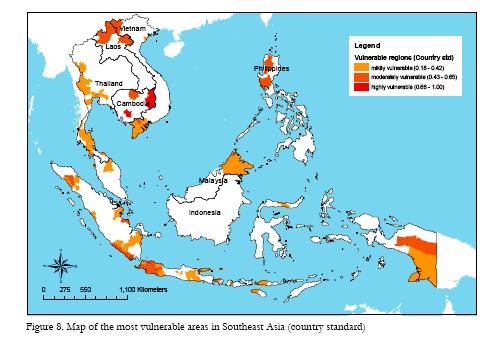From Andy Jarvis:
What if major coffee regions in Latin America were to disappear altogether in the next generation? What would that mean for you as a consumer? Or your children? And what about coffee farmers in Latin America? And their children? What will they do if their livelihoods disappear? At CIAT (International Center for Tropical Agriculture), we have been working for years to develop crop targeting tools based on climate scenarios that show how climate change could alter production systems throughout the region in the years to come. We propose to expand our work to generate a range of possible scenarios for changing patterns of land use in Mexico and Central America, and to partner with CRS (Catholic Relief Services) to help coffee farmers develop strategies to more effectively mitigate and adapt to the impacts of climate change under each one. In collaboration with CRS, we can directly impact 7000 farmers and generate learning that helps hundreds of thousands more.
Like the idea? Then vote for it!
